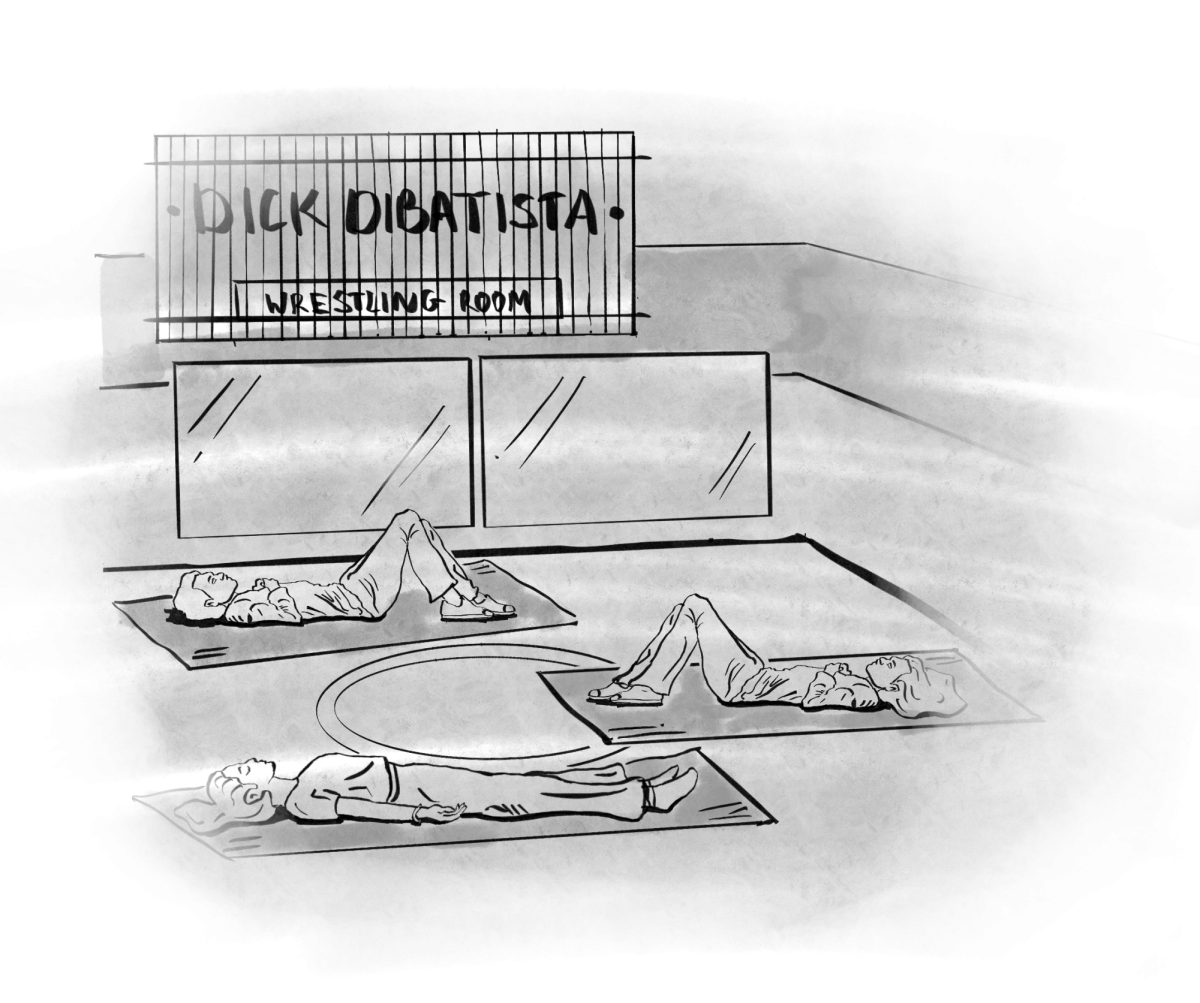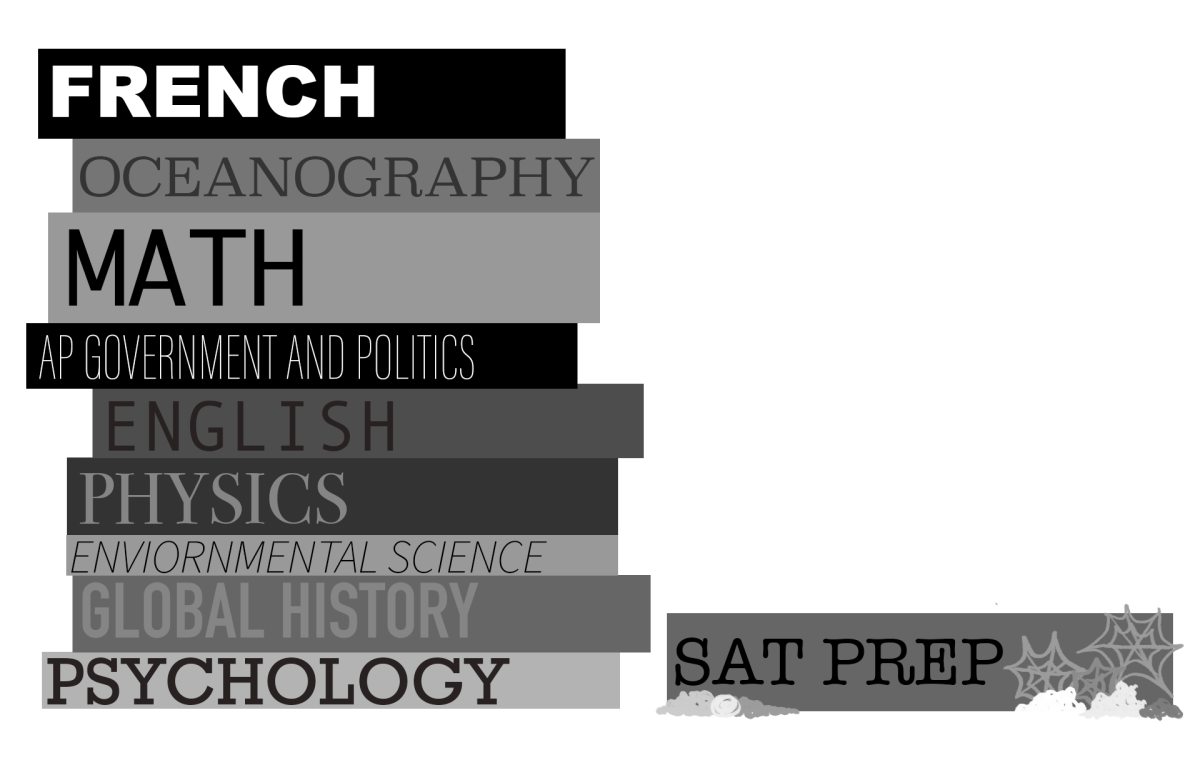For graduating seniors, going to college can be a beneficial experience: they can take rigorous classes to broaden their knowledge, they can meet new people and interact with different cultures, and they can learn independent skills they will utilize for the rest of their lives. College is a luxury at LM that many of us take for granted. We are told we must create a school list, write essays, take a test, and apply to our schools. On the Main Line, the economic aspect of this multi-year process is never questioned. Not everyone is as fortunate to not have to think about the drowning financial aspects leading up to and paying for college. Only a few miles away, within the Philadelphia school system, college is a privilege that not all students have. The persistent inequities between our two neighborhoods creates a disproportionate advantage for the wealthy in the college process.
The college process favors richer families because the wealthier have greater access to resources that lead them to success. Many colleges demand high grades, exceptional test scores, and strong writing skills. We are lucky to live in a community where we have adequate resources to help us obtain these things. . We have textbooks, labs, and books, all to assist us and provide us with a well-rounded education. The Philadelphia schools do not have the money to share all of these resources with their students. Therefore, the students cannot be expected to learn the same material as students at LM. Their grades regarding this material cannot be compared if they are not given the same tools to succeed. Unfortunately, The College Board and universities do not always take these factors into consideration. This is incredibly unfair and promotes a cycle where the rich become richer and the poor become poorer.
The college board prioritizes strong “standardized” test scores and high grades. Although these tests are not standardized at all. Students in wealthier school districts have access to a variety of tutoring services, and AP classes that aren’t always offered in poorer neighborhoods. Even if these classes are offered, they are scarce and many students that can take the level of rigor do not have access to the classes. Private tutoring for the SAT/ACT or to help write college applications is not an option for many due to how high the cost is. Paying $150-$200 an hour to test well or write the best essay possible is an advantage that can’t be seen on paper when colleges read applications. It is unfair for those who can’t afford and are put in a worse situation for factors that are out of their control.
In 2013, the Philadelphia school district layed off all school counselors due to budget cuts. This act alone highlights the conditions that make it too difficult to accurately compare students who come from different backgrounds. High School students are unable to receive the support necessary to deal with the stress from everyday life. They have more obstacles they must deal with alone compared to a LM where we have many resources to talk to and places to go when we need help. Today school counselors are back in the district but they still have more police on scene than counselors. In a school environment where the health and safety of their student’s isn’t a priority, students face various more challenges than the students in Lower Merion. These challenges aren’t always glaring on college applications and creates a large advantage for children of wealthier families. Students deserve equal access to a higher education instead of being born into poor conditions and playing from behind.
The college process favors those with money and who can afford it, because the Early Decision option is only applicable to those who know they can pay without scholarships. Applying early decision increases your likelihood of being accepted into a university but binds you to attending if you get in. Only those who know they can afford attending a school can even consider applying early decision. If you can’t afford the price of a school ($60,000-70,000 a year) and know financial aid is necessary, you are forced to apply through early action or regular decision. This may not seem terrible, but it is significantly harder to get into a school through these processes.
Although it may feel this way at times, college doesn’t define us as people nor our intelligence. The schools we are accepted by, rejected from or the school we attend doesn’t decide our fate or the quality of our life in the future. The college process is unjust and is harmful to students’ mental health. Many other countries have better, more financially affordable education systems in place for students. The college process gives greater opportunities to those who are financially sound. This isn’t fair to the millions of students across the country who work and study for hours a day but were simply born into a bad situation. It is possible to change, and for the sake of future students who will be in the same spot I’ve been in the previous two years, I hope it does.





